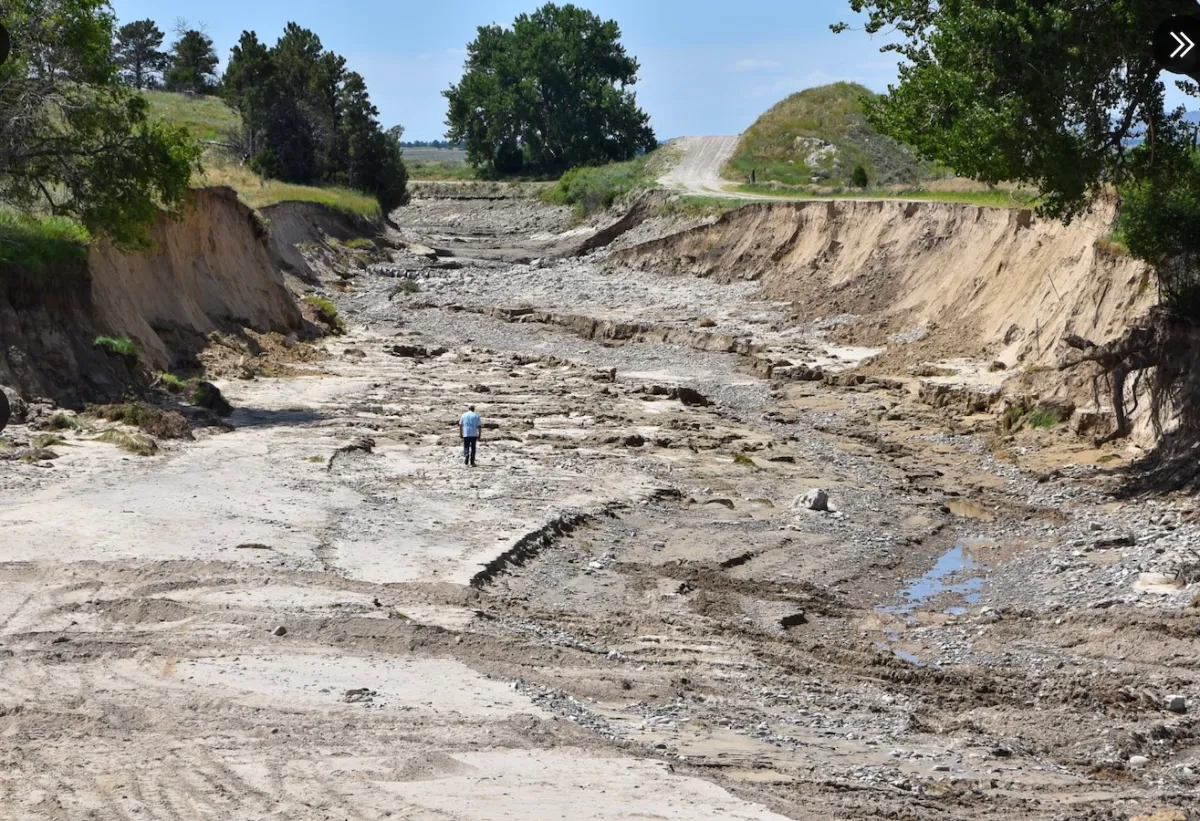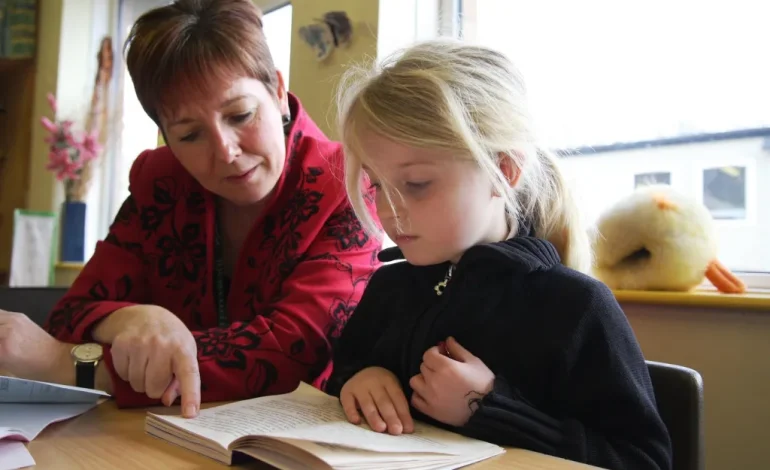A legislative effort aimed at improving literacy outcomes in Wyoming’s K-12 schools moved forward this week, despite opposition from educators who expressed concerns over some of its provisions, Oil City News reports.
Senate File 179, sponsored by Sen. Charles Scott (R-Casper), seeks to address what he described as a critical failure in reading proficiency among the state’s students.
The bill, titled “Fixing Reading Failure,” proposes stricter measures for identifying struggling readers and creating individualized intervention plans. It also includes pathways for grade retention and penalties for school districts that fail to implement literacy protocols.
Scott said his concerns were prompted by a recent education report that highlighted alarming literacy trends in Wyoming. According to the analysis, third and fourth-grade students performing below proficiency on state assessments face challenges functioning in a high-tech economy as adults.
“That is a horrible indictment of our system,” Scott told the Joint Education Committee.
While Wyoming students continue to score above national averages in reading, recent assessments have shown a decline. The 2024 National Assessment of Educational Progress reported that only 36% of fourth graders in Wyoming read at or above proficiency levels—down from 41% in 2017. The Wyoming Test of Proficiency and Progress (WY-TOPP) also showed stagnant or declining results in English Language Arts compared to pre-pandemic levels.
Education experts, including Wyoming Superintendent of Public Instruction Megan Degenfelder, raised concerns over the bill’s readiness and its potential negative consequences. Degenfelder advocated for a comprehensive rewrite of state literacy laws rather than immediate changes under the current bill.
“While I appreciate the bringer’s attention to literacy, the bill before us today doesn’t quite get us there,” she said.
Scott incorporated some of Degenfelder’s suggestions through an amendment, adding more details about assessment tools and intervention strategies. However, contentious provisions—such as mandatory grade retention and allowing parents to sue school districts for up to $10,000 if literacy interventions are not implemented—remained part of the discussion.
Many education professionals and stakeholders testified against the bill’s retention and legal recourse measures. Tate Mullen, government relations director for the Wyoming Education Association, highlighted research showing that grade retention is an ineffective and potentially harmful strategy for improving academic performance.
“It seems counter to the discussions we’ve had about parental rights,” Mullen said.
Carbon County School District 1 Superintendent Mark Hamel urged lawmakers to table the bill and engage with experts during the legislative interim.
“This is a topic that it’s important we get correct,” Hamel said.
Despite calls for further study, the committee voted 3-2 to advance the amended bill. Sen. Chris Rothfuss (D-Laramie) and Sen. Wendy Schuler (R-Evanston) opposed the move.
Rothfuss warned that pushing forward without research-based solutions could be worse than doing nothing.
“It’s too important to just wing it,” he cautioned.
An amendment proposed by Sen. Jared Olsen (R-Cheyenne) to remove the legal damages provision was adopted before the final vote.
The bill will now move to the next stage of the legislative process. Supporters, including Olsen, stressed the urgency of addressing Wyoming’s literacy challenges without further delays.
“I’m too hesitant to wait for another interim to pass entirely until we do something about it,” Olsen said.










The latest news in your social feeds
Subscribe to our social media platforms to stay tuned